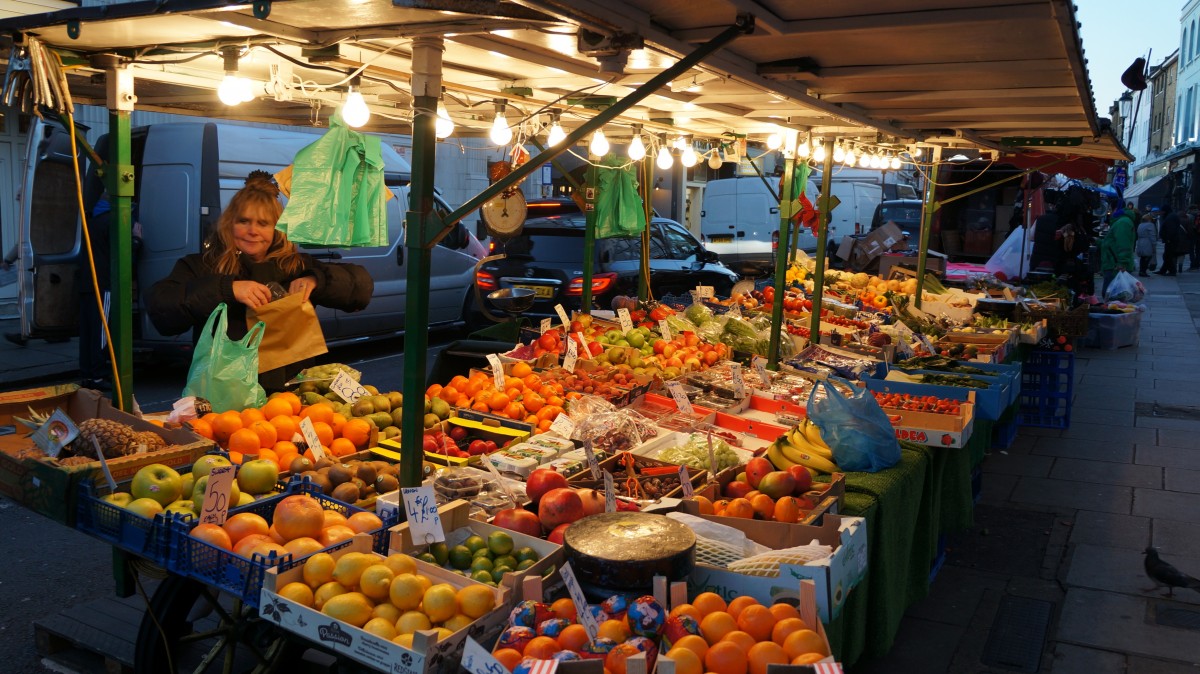By Margaret Shuttleworth
The Los Angeles City Council Tuesday unanimously called on the state to change the California Retail Food Code to be more inclusive of sidewalk vendors and to create a more practical system to regulate their operations.
The resolution was introduced by Councilwoman Nithya Raman.
“L.A. decriminalized sidewalk vending in 2017 and we started our permitting system in 2018, but to date, only 165 of L.A.’s estimated 10,000 food vendors have been permitted. To me, that’s a sign that we have a broken process in place,” Raman said. “And a big part of the process that is broken is actually not in our control. These are county health regulations that are determined by the state Retail Food Code. This is a code that was not created with street vendors in mind.”
On Aug. 11, the UCLA School of Law Community Economic Development clinic and the nonprofit law firm Public Counsel released a report that found that despite legislation enacted in 2018 in Los Angeles and California to legalize street vending, most vendors face threats of ticketing and fines each day.
The report, titled “Unfinished Business: How Food Regulations Starve Sidewalk Vendors of Opportunity and What Can Be Done to Finish the Legalization of Street Food” — which Raman cited in her resolution — included testimony from sidewalk vendors and claimed that the system punishes them, with sheriff’s deputies issuing tickets and confiscating carts, which deprives them of their livelihood.
People applying for food vendor permits from Los Angeles County have to navigate an English-only process involving several offices and multiple prerequisite documents, according to the report, which adds that applicants aren’t given adequate assistance during the process. Only 165 permits have been issued since the city began issuing permits in 2020. The report estimates about 10,000 eligible vendors operate in the city.
Startup costs for those selling unpackaged food is at least $10,000, plus $5,000 in annual fees, while many workers earn an average of only $15,000 per year, the report stated.
Vendors also have to meet equipment standards created to regulate large food trucks that include requirements for integrated multiple-compartment sinks, plumbing, ventilation, refrigeration and high-capacity food storage. Food carts that meet these requirements cost thousands of dollars, are heavy to push and too large for normal sidewalks, according to the report.
The California Retail Food Code effectively bans fruit carts and taco stands by prohibiting slicing fruit, reheating or hot-holding previously prepared food on an enclosed food cart, the report said.
“The problem stems from a tangled web of state, county and city laws that deprive sidewalk vendors of access to permits to legally sell food, denying vendor dreams of entrepreneurialism while hurting all Angelenos by undermining the food safety principles the laws claim to protect,” said the report’s co-author Scott Cummings of UCLA’s Community Economic Development Clinic.
“Even as local officials make it easier for brick-and-mortar restaurants to conduct outdoor dining, we see them continue to vigorously enforce a system that operates as a de facto ban on L.A.’s celebrated street food.”
Raman’s resolution called on the state to implement the report’s recommendations to make health compliance more feasible for street vendors by:
- providing a streamlined process for inspection and approval of carts;
- including reasonable standards that enable slicing of fruit and vegetables, safe reheating and hot-holding of common sidewalk vending food items;
- reducing sink requirements; and
- expanding access to safe food preparation.
The full report is available at www.publiccounsel.org/stories/?id=0336.







